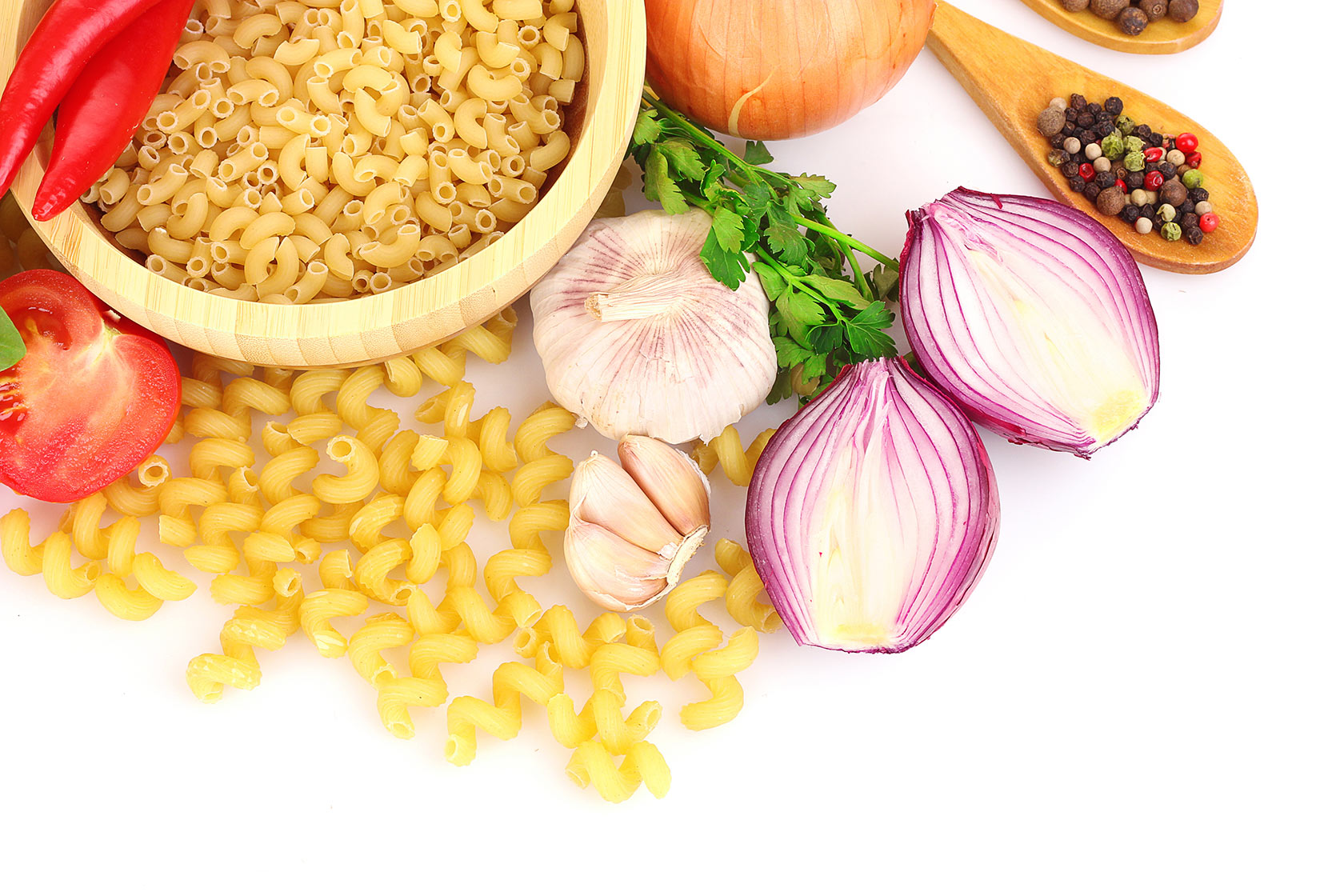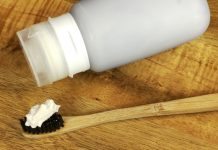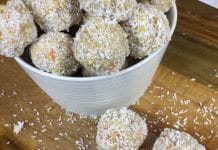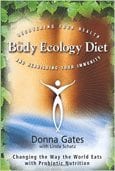Remember the day when you found out you were pregnant for the first time? I do. It seemed like an eternity of time between when I had dreamed of becoming a mother and when I actually knew it was going to happen. I cherished everyday of those 9 months, even through the nausea, the aches, pains and sleepless nights when that baby inside my womb would not stop wriggling. Did I ever stop to think of the things that I would passing onto my child, not once. After all there were no biggies like cancer, heart disease, Huntington’s, diabetes etc. All I knew is that I felt the best I had ever felt in almost my entire life and I couldn’t wait to hold that little munchkin in my arms. Compared to the rest of life and the health issues I dealt with on a daily basis, I couldn’t believe how well I felt. I did have chronic sinus for the entire 3 months of winter that I was pregnant, a small price to pay I thought for carrying around all that extra mucous. And I had no complications with delivery. Contractions started about 10am and she was out by 5pm. A bit like a day at the office, only much more worthwhile.
And then the fun began. From day 1 my baby could not keep her food down. So bad was the projectile vomiting that I lived in her cloth nappies over me, around me, and on the floor, on the bed and anywhere that I thought to be a prominent target position when those vomits would hurtle their liquid missiles through the air. Then came the colic, the constant cries of an uncomfortable baby, the sleepless nights, the rocking, jumping or skipping movements that my husband and I would devise in order to soothe her, comfort her, distract her. Whatever it took really. Then came the thrush. Nappy rash like you wouldn’t believe. Red raw almost day in and day out. Even worse when teeth started to cut. Was I thinking now… Oh you poor baby, look what mummy’s passed on to you! No I don’t think I was….probably as sleep deprivation took care of any deeper thoughts other than feed the baby, change the baby, go to sleep!
It wasn’t until my daughter was about 8 years old that I started seeing the warning signs that I recognised were all…. me! Me as a child, me as a teenager and me as an adult. She would lie down on the floor in the middle of the day in order for her head to stop spinning. She couldn’t think straight, her words would often come out backwards, her skin itched incessantly, and she had an insatiable appetite for bread, crackers and sugar. Then there was the headaches, the vaginal thrush, anxiety and sleeplessness. What had I done!!!! I had given my child candida! Help!
My son came along almost 4 years after my daughter, and after a pregnancy that was labeled terrible from day 1 with constant nausea, vomiting and dire concerns that my rib cage was going to break, I then had 3 false labours with an emergency breach as he was folded up like a book with his feet tucked up beside his ears. No wonder my rib cage was in agony. But unlike my daughter, my son fed or should I say guzzled, slept and then guzzled some more and then slept. Aahhh (insert long sigh) what bliss and a God send as I don’t think I could of gone through a repeat episode of reflux, colic and sleeplessness. Thankfully God knew this before me. Down the track we did find out that my son was iron deficient, had enlarged adenoids and suffered with constipation, chronic sinus and hay fever. All except the enlarged adenoids (which we didn’t have removed as he was diagnosed early but the doctor held off to see if his face would grow into them), the other symptoms all belonged to me. My husband does have some gastrointestinal issues which he was able to deal with and has been relatively symptom free since.
And so it seems that in fact our children can inherit our health issues. I’m glad that I was ignorant of this before I had my children, otherwise I wouldn’t have had the delightful pleasure and character refining moments of raising two great children as I may have decided that it would of been cruel or unfair to hand these conditions down to them. There are many studies now being performed to gain greater understanding and scientific evidence as to how this happens. Here’s a couple of excerpts that I’ve been reading lately.
You Are Who You Inherit? Your Mother’s Genes
Before you can understand how your mother’s genes helped shape your future, you need a little Biology 101 lesson.
Genes are your body’s blueprint. They carry the instructions for producing (expressing) all of the many proteins in your body that determine how you look and how your body works. Your genes are housed in structures called chromosomes. Most cells holds 23 pairs of chromosomes, for a total of 46.
Blame Your Health on Your Mum? I Don’t Think So.
Stop Allergic Disease and Manage Symptoms
When it comes to preventing allergies, gut health is pivotal. And it begins in utero.
For example, one study found that when an expecting mother is exposed to a rich microbial environment (like a farm), her child is less likely to develop asthma and other allergies. (16)
Another study published in Alimentary Pharmacology and Therapeutics points out that mothers on prescription antacid medications while pregnant are more likely to give birth to children that develop childhood asthma. (17) In fact, use of antacid medication while pregnant is associated with a 1.4 times higher incidence of childhood asthma.
The development of your inner ecosystem begins with your mother. (18) This inner ecosystem plays an important role in regulating the immune system. And this influences how you respond to your environment or to you food.
Body Ecology: Are Food Allergies Caused By Candida? The Digestion Connection
From vision problems, headaches, skin problems and IBS this article mentions for several of them there is a 50-50 chance of your kids having to deal with these issues as well.
Irritable Bowel Syndrome (IBS)
will the kids get it? There’s a good chance. People who suffer from IBS are more than twice as likely to have a first-degree relative with the same symptoms, according to research from the University of Sydney in Australia. “It’s very common to see colicky infants whose parents have IBS or reflux,” says Dan Levy, M.D., a clinical assistant professor of pediatrics at the University of Maryland School of Medicine. “They may have a lower pain threshold than other babies.”
signs they got nabbed: The classic symptoms are frequent crampy abdominal pain or alternating bouts of constipation and diarrhea. IBS usually appears during the school years, but precursors, like colic, may be apparent earlier in a child’s life. “There’s also a big emotional component,” says Tanya Remer Altmann, M.D., author of Mommy Calls. Flare-ups are common during challenging transitions in a child’s life, such as going to school or even just attending a party he doesn’t want to go to, Dr. Levy says.
Planting Healthy Roots
A lot happens during pregnancy. That’s why pregnant women are advised to avoid smoking and alcohol, take certain supplements, and practice other good health habits.
Researchers are discovering that the stage is being set for a baby’s future health almost from the moment of conception, and the factors that go into a baby’s development are far more complex than they had once thought.
“By the time it arrives in the uterus, very important biological decisions have been made and those are unchangeable,” says David Barker, MD, PhD, professor of clinical epidemiology at the University of Southampton, England and professor of cardiovascular medicine at Oregon Health and Science University. “The seeds of a range of chronic diseases are being sown at that time.”
Barker’s theory, which is gaining momentum in the scientific community, is that what happens in the womb could impact whether a child develops conditions like cancer or heart disease many years down the road. Barker has found that babies who grow slowly in the womb and are born at a lower weight are at greater risk for a whole range of conditions, including coronary heart disease, stroke, type 2 diabetes, and high blood pressure.
Mom’s Diet Counts
How the mother eats not only during her pregnancy but throughout her life can have an effect on her baby’s health. “Babies live off the mother’s body,” Barker says. “And her body is the product of a lifetime of nutrition.” In other words, mom’s diet back in her own childhood can come back to either haunt — or help — her growing baby. He says mothers have to establish a lifetime of good nutrition, and not just eat a healthy diet while they’re pregnant for it to make a difference to their children’s health.
When it comes to genes, know that your mother had no control over the traits that she passed to you. What she did have more control over was how well she nourished you while you were in her belly and during those first critical years of life.
Kjersti Aagaard, MD, PhD, calls the first nine months in the womb — as well as the child’s first years out of the womb — “programming for health.” “There is no doubt that what happens in the first 1,000 days of life, from conception to 2 years of age, are fundamental influences not only on metabolism … but also on our developmental health and well-being,” says the assistant professor of maternal and fetal medicine and obstetrics and gynecology at Baylor College of Medicine. “Kids [who are] given an optimal environment and optimal nutrition very early in life, that groundwork is laid.”
1. Crowd Control. Good bacteria are able to change the pH (or acidity) of the inner ecosystem. By manipulating the pH, they make the gut an ideal place to thrive (while it is the worst for disease-causing bugs). (8)
With enough good bacteria populating the digestive tract, the bad guys do not have the resources to take over. (9) And the opportunistic bugs, like Candida yeast, are kept under control.
When infants are given probiotics early in life, this stimulates the growth of other beneficial bacteria—ensuring a hearty inner ecosystem in spite of external circumstances. (10)
2. Protect the Gut Lining. Studies have found that good bacteria guard against leaky gut. They do this by protecting the tight junctions between cells. Good bacteria also supporting the production of clear, nourishing mucus that soothes away intestinal irritation. (11)
Probiotics produce special fats as they help to break down food in the gut. These fats are protective. They prevent and calm irritation along the lining of the gut. (12)
3. Anti-Inflammatory. Probiotics work with the immune system. They can shut down the inflammatory cascade at the root—preventing inflammatory signaling that can lead to the pesky signs of allergies. (13)(14)(15)
Are Food Allergies Caused by Candida – The Digestive Connection
Things to take away from this article:
1.The best way to implement the above is by introducing fermented foods into your diet. Cultured Vegetables, cream fraiche, Kefir and Fermented Smoothies are all great ways of putting a rich harvest of probiotics into your gut especially during pregnancy. It’s like setting up a farm in your womb for your baby to reap the harvest.
2.It has been recommended that to avoid early introduction of gluten intolerance, it’s best to avoid gluten based flours and products in the first year of a babys life. Since gluten free is much more recognised these days the information and products available allow this to be easy.
3.Cut out sugars. Most of us usually have good intentions with not feeding our first born babies lollies, chocolate and ice-cream within their first year but often when the second or third come along it can get out of our control. Instead of avoiding the whole “don’t let anything sweet touch their lips” scenario, why not become familiar with cooking and making treats for the babies and siblings using Stevia and Xylitol with the occasional rice syrup. Both Xylitol and rice syrup are low in fructose and therefore are very suitable for a toddlers ecosystem. Stevia which is probably the best choice has no sucrose or fructose present and works to stabilise the blood sugar rather than impact it.
To find out more information on treating candida, SIBO, IBS or other gut disorders through diet than the Body Ecology Diet (BED) is a good place to start. Body Ecology or see below to purchase the book through Amazon.
To buy any culture starters for making cultured veg or cream fraiche in Australia than you can order through yourdigestion.com.au by calling Anji on 0415 992 494 and mention that you are a coconut oil post subscriber for a 5% discount.
Of course if you suspect that you may have a systemic infection whether caused by candida or SIBO than you should consult a medical practitioner or a naturopath.
How about you? Do you have any great tips about staying healthy during pregnancy? Ask a question or leave a comment.
































